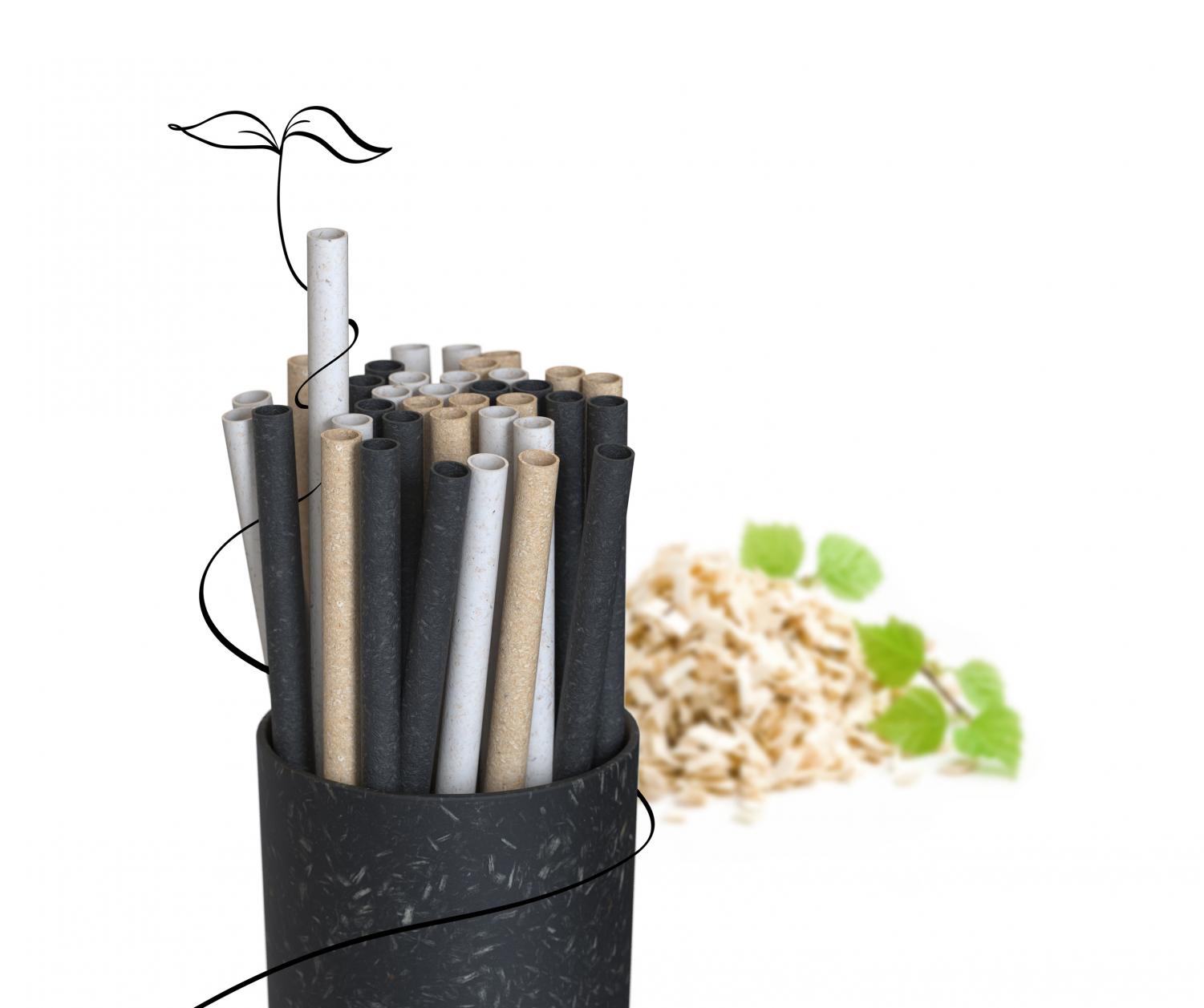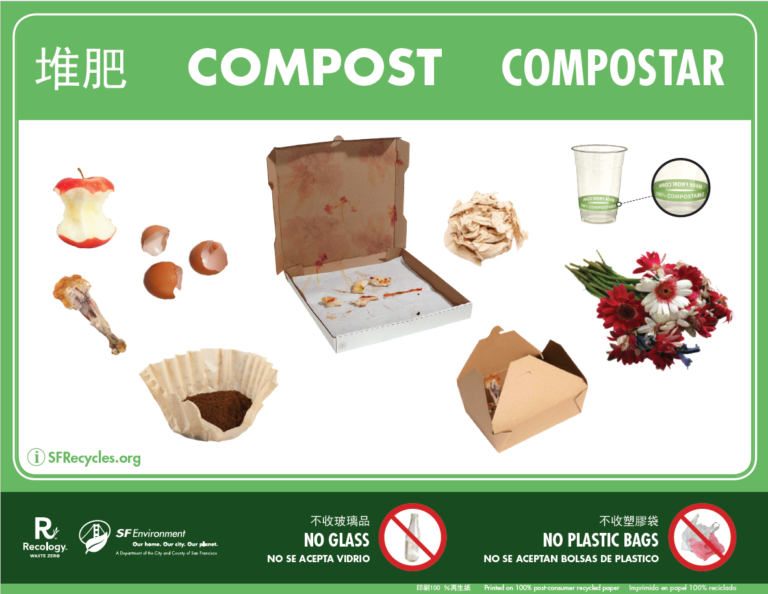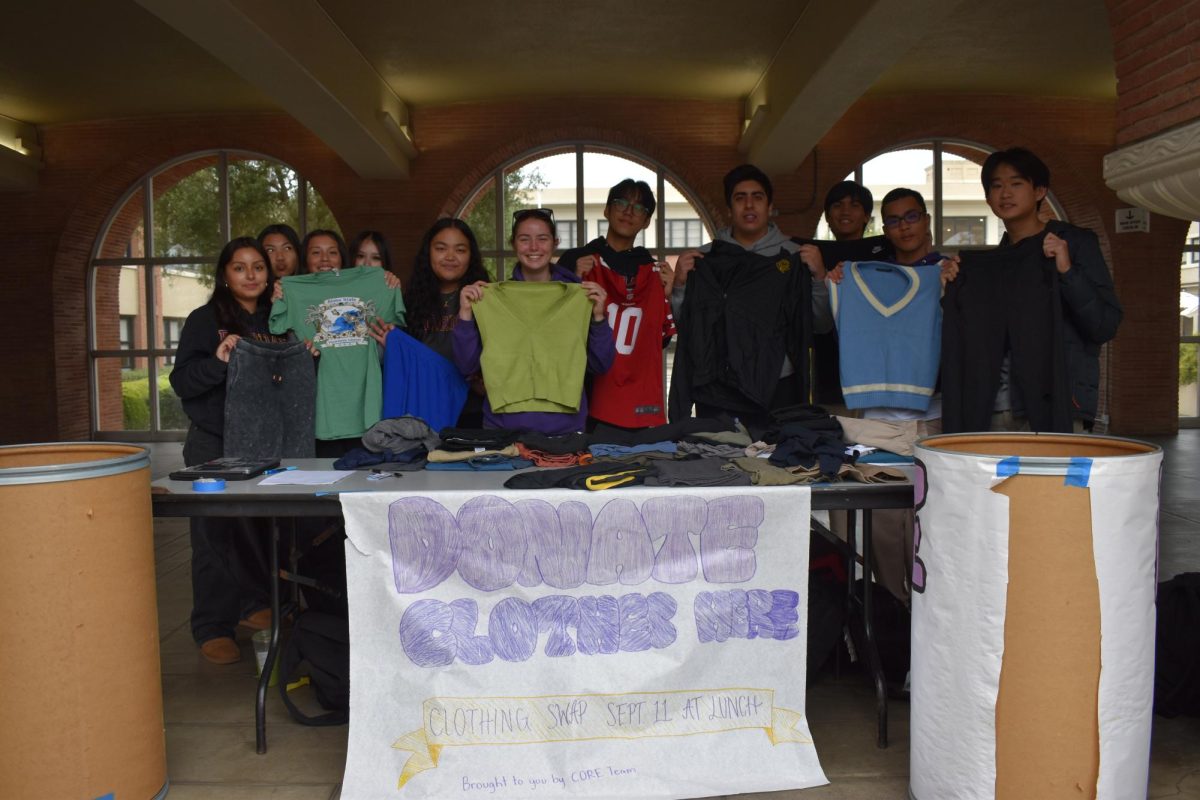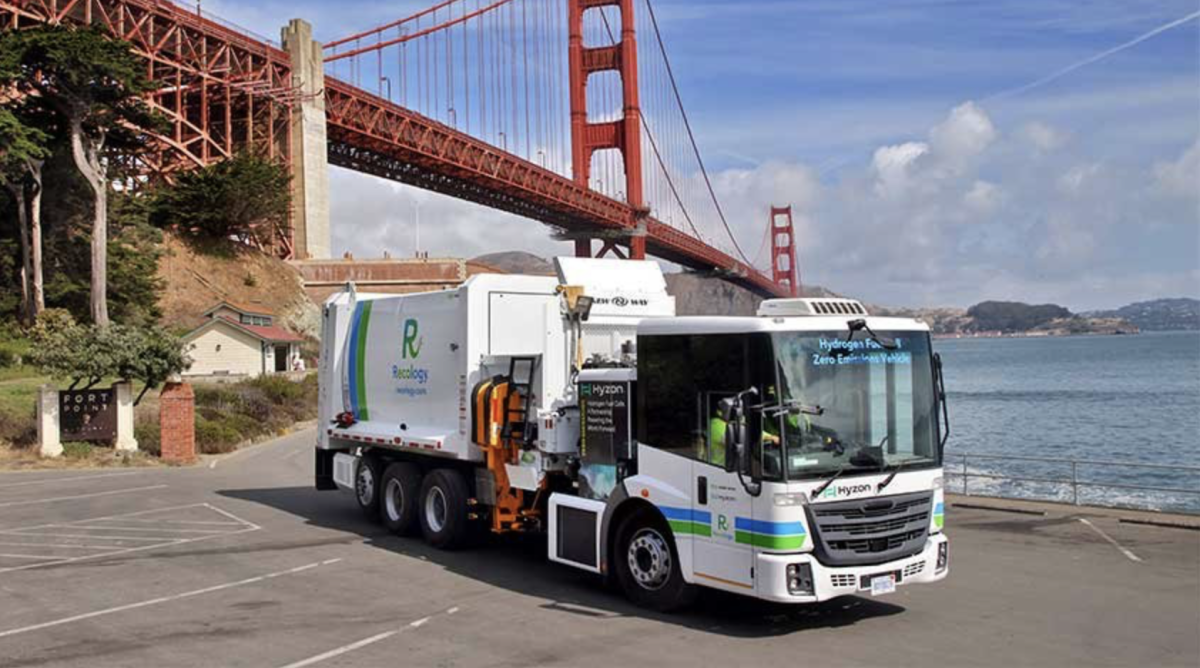The use of plastic straws has always been a threat to the environment, but mostly to the oceans. Millions of straws are produced each day globally and end up harming wildlife.
Many companies like Starbucks and Disney have announced that they will be getting rid of single use plastic straws at all of their locations. As of right now, around eight metric tons of plastic accumulate in the ocean each year. The plastic straws being used now are petroleum based, and do not break down in the environment or ocean, causing trouble for land and marine organisms.
Since the plastic doesn’t break down, it is just floating in the ocean, forming these large masses of trash, the biggest of which being the Great Pacific Ocean Garbage Patch, which spans from the American West Coast all the way to Japan. With major companies like Starbucks ditching single-use plastic straws, billions of harmful plastic straws will be removed from circulation each year, unable to further harm the environment and wildlife. Instead of straws, Starbucks has replaced them with special plastic cup covers that do break down in the environment.
Recently, the San Francisco Board of Supervisors unanimously voted to ban plastic straws altogether, which will take effect in July 2019. Boba tea shops are feeling the pressure because as of right now there are no non-plastic jumbo straws that are compatible with their beverages.
The punishment for breaking this law by selling or distributing plastic straws starts off with a warning, but if the law is broken a second time, there is a fine of up to $1,000 and up to six months of jail time.
Michael O’Brien, AP Environmental Science teacher, said, “Stricter and more harsh punishments tend to be short term fixes to long-term problems.”
There has been some outrage over the ban regarding people with disabilities who rely on flexible straws to drink and to deny them of that is inhumane.
“I don’t support the plastic straw ban because I feel like the disabled people who rely on straws will have a hard time dealing with the changes that the ban brings,” stated Aidan Horgan ’20.
Stora Enso and Sulapac are two renewable material providers that have been working on new, eco-friendly straws that are biodegradable and even break down in marine ecosystems. Sulapac has designed a bio composite material consisting of wood and natural binders, which the straws are based on. The companies showed off the straws at Slush 2018, a global startup event on Dec. 4 and 5. With bans showing up in many different cities, there is a big market for an environmentally safe straw. O’Brien said, “I might suggest an industry where personal metal straws are sold in small cases. They could even make them collapsible and dishwasher safe.”









